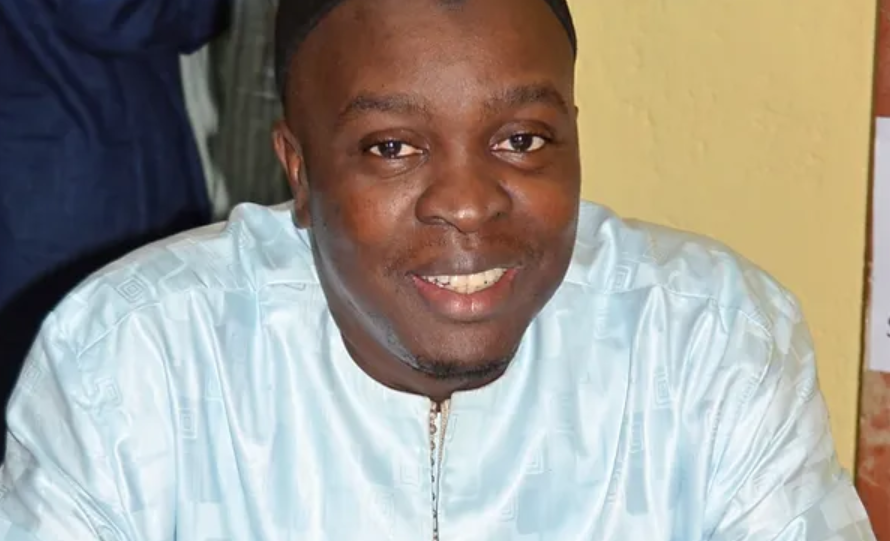Entrevistas con nuestros expertos: Malick Diop

Malick Diop es el Coordinador General de GSEF Dakar y de la Red de Actores y Colectividades Territoriales para la ESS de Senegal.
Hola, señor Diop, y gracias por aceptar esta entrevista. Para empezar, ¿podría definir la ESS con sus propias palabras y decirnos por qué es importante esta definición?
Al igual que la economía clásica, la ESS es una actividad económica de producción de bienes y servicios. La diferencia con la economía clásica radica en su finalidad, sus medios y su gobernanza. Creo que la definición oficial propuesta por la OIT hace demasiado hincapié en los aspectos « sociales » y « solidarios » y no lo suficiente en la noción de economía (con todas las características que la describen: rendimiento, rentabilidad, volumen de negocios).
¿Cuáles son las oportunidades y los retos de la ESS para promover el trabajo decente?
La ESS se centra claramente en lo humano y en la dignidad humana, y potencialmente marca todas las casillas de los 4 pilares del trabajo decente: empleo, protección social, derechos de los trabajadores y diálogo social.
En primer lugar, la ESS permite el autoempleo. En este sentido, fomenta el trabajo local y de proximidad, que mejora las oportunidades de la tierra. Se trata de crear empleos sostenibles, anclados en el territorio y en la comunidad. Este tipo de trabajo no se puede deslocalizar. En segundo lugar, la ESS es una economía centrada en el ser humano. Puede proporcionar una protección social sostenible porque la solidaridad está anclada en sus principios. Además, la ESS ha ido mucho más allá de la lucha por los derechos de los trabajadores, ya que, por definición, la gobernanza participativa que define las estructuras de la ESS otorga plenamente estos derechos a los trabajadores y a los empresarios, e incluso borra las nociones de empresarios y empleados. En la ESS, no hay una confrontación sistemática entre estas dos clases como se observa en la economía clásica. Las relaciones son perfectamente horizontales y se desdibujan los tradicionales límites jerárquicos verticales. Por último, mientras que en una empresa tradicional el diálogo social es un derecho que se aplica con marcos y reglas, en la ESS el diálogo social es permanente. No es necesario elaborar marcos y normas para hacer valer este derecho al diálogo social, porque es intuitivo. Siempre que sea reconocida, valorada y efectiva, la ESS tiene todos los requisitos para ofrecer las condiciones de un trabajo decente si se aplica a los cuatro pilares que definen el trabajo decente.
Sin embargo, la ESS se enfrenta a varios retos. Por un lado, el papel de la ESS en el desarrollo del trabajo decente se ve obstaculizado por la falta de implicación de las autoridades en su promoción. Otra limitación es el bajo nivel de financiación de la ESS, mientras que se han creado muchos fondos y financiación para la economía general. Por ejemplo, los bancos tradicionales no financian a las ESS si no hay una garantía. También está la debilidad del marco legal. En Senegal, por ejemplo, aunque en 2021 se puso en marcha una ley marco sobre la ESS, los decretos de aplicación tardan en salir.
¿Qué papel deben desempeñar los Estados y los interlocutores sociales en el fomento de la ESS?
El Estado debe poner en marcha estrategias que favorezcan la formación, la financiación y la supervisión para promover la ESS. Hay que poner en marcha todo el sistema de apoyo, como han hecho las políticas públicas con la economía tradicional. En Senegal, aunque se han hecho progresos significativos, todavía hay que trabajar mucho para establecer un verdadero marco de consulta que permita a todas las partes interesadas expresarse.
¿Cuáles serían sus recomendaciones para una mejor promoción de la ESS?
Debemos impulsar la recopilación de datos y la generación de estadísticas sobre la ESS, ya que esto nos permitiría construir políticas públicas más informadas. Por último, sería necesario acompañar a los Estados en el establecimiento de marcos jurídicos incentivadores y favorables a la promoción de la ESS, y permitir la puesta en marcha de mecanismos de financiación adaptados y adaptables para que el marco de la ESS sea saludable y no la ponga « bajo perfusión ».

